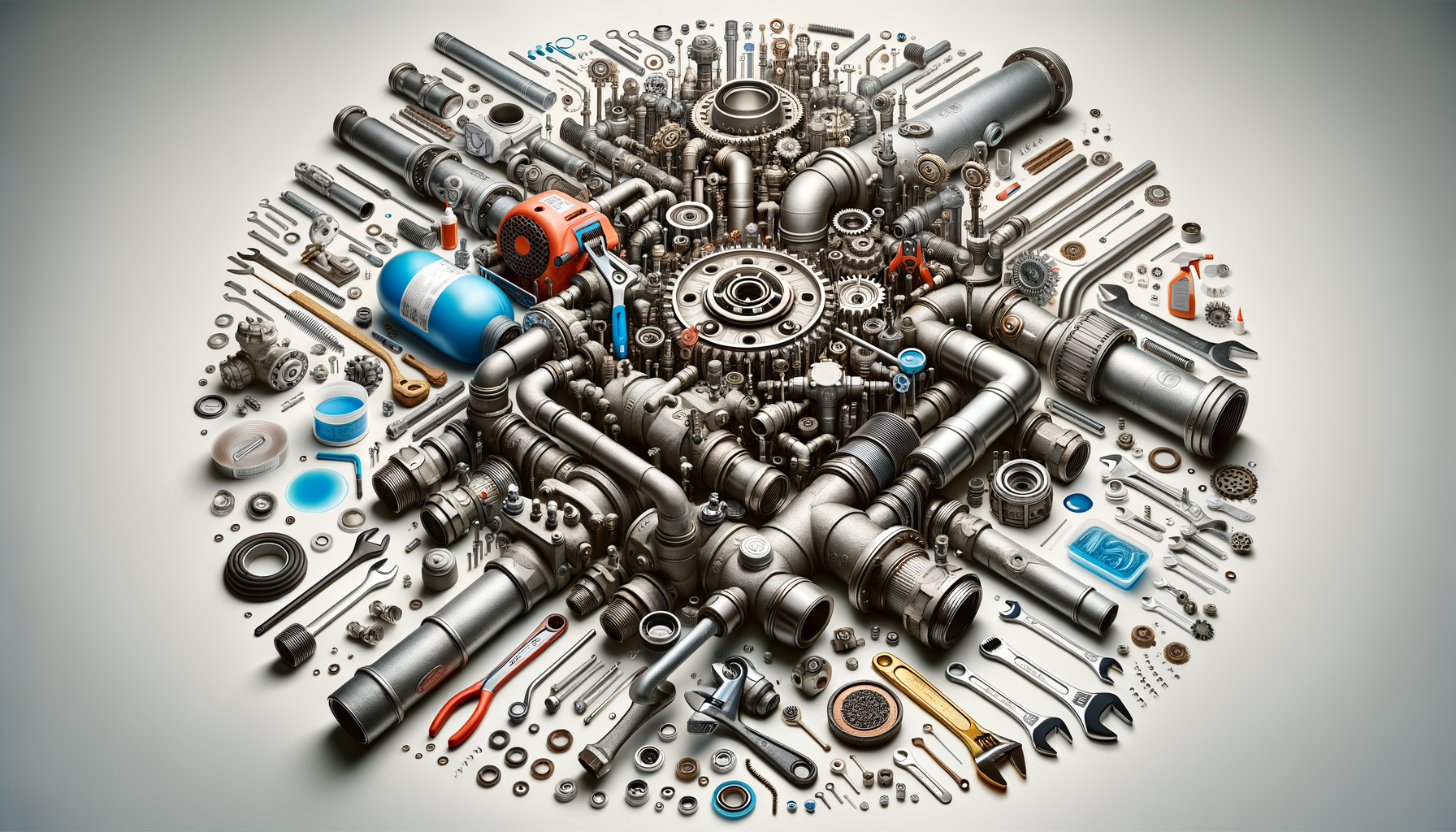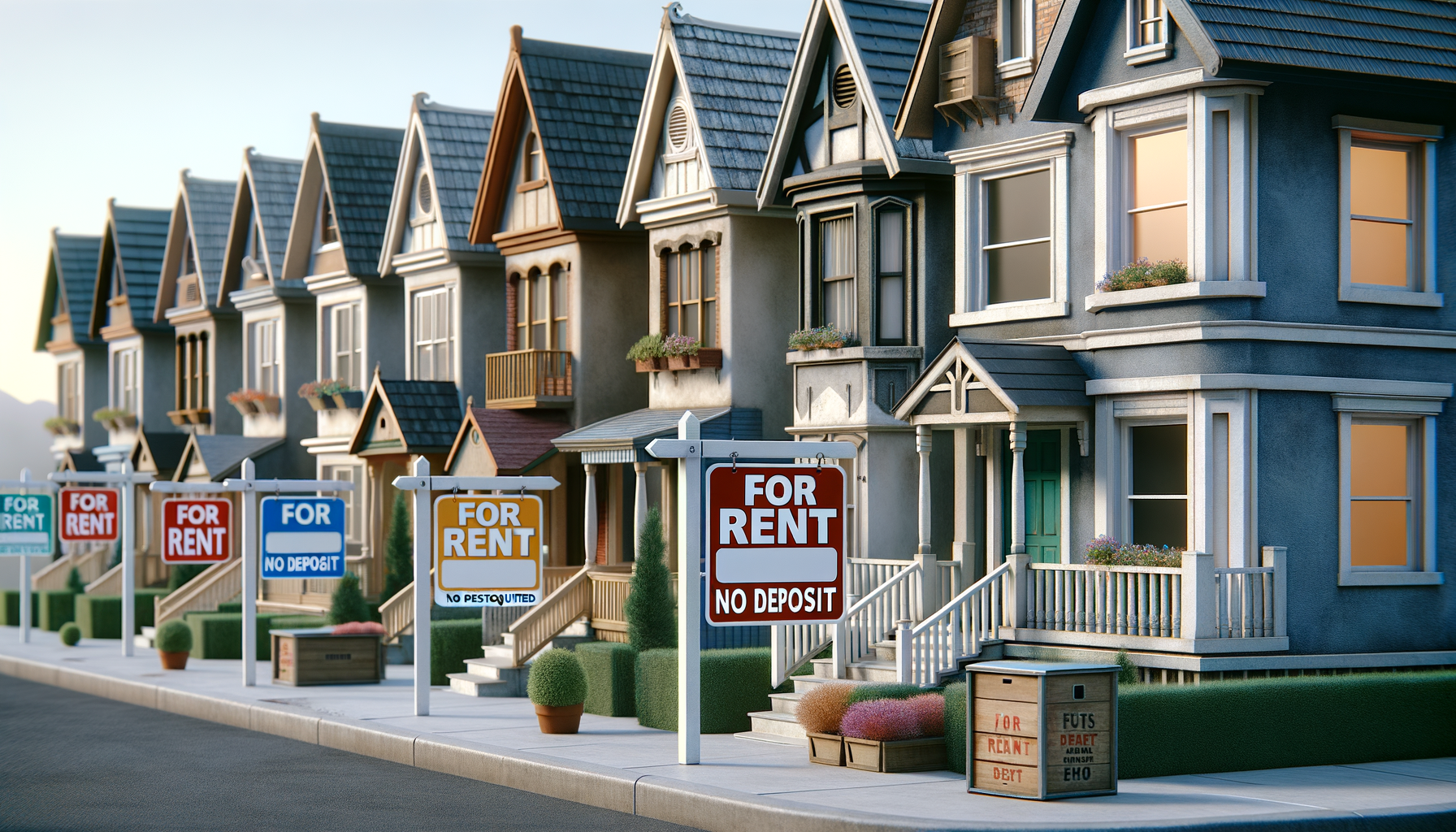Introduction: The Importance of Pipe Maintenance
Maintaining your household water pipes is crucial for ensuring a steady and clean water supply in your home. Poorly maintained pipes can lead to leaks, water contamination, and even significant structural damage. By understanding how to properly care for your pipes, you can prevent costly repairs and maintain a healthy home environment. This article explores essential tips for maintaining household water pipes, common maintenance strategies, and guidance on when it is appropriate to call a professional plumber.
How to Maintain Household Water Pipes
Regular maintenance of water pipes is a proactive way to avoid plumbing issues. Here are some key practices to help you maintain your pipes effectively:
- Regular Inspection: Periodically inspect your pipes for signs of wear and tear, such as rust, leaks, or corrosion. Early detection can prevent minor issues from becoming major problems.
- Temperature Control: Insulate pipes in colder areas of your home to prevent freezing during winter months. Frozen pipes can burst, leading to significant water damage.
- Water Pressure Management: Ensure your water pressure is not too high. Excessive pressure can strain pipes and lead to leaks. Consider installing a pressure regulator if needed.
- Drain Cleaning: Regularly clean your drains to prevent clogs. Use natural solutions like baking soda and vinegar to avoid harsh chemical cleaners that can damage pipes.
- Water Quality: Install a water softener if your water supply is hard. Hard water can cause mineral buildup in pipes, reducing water flow and increasing the risk of blockages.
By incorporating these maintenance practices, you can extend the life of your pipes and ensure a reliable water supply.
Common Pipe Maintenance Tips
In addition to regular inspections and cleaning, there are several common maintenance tips that can help preserve your plumbing system:
- Avoid Chemical Drain Cleaners: While they may seem effective, chemical cleaners can corrode pipes over time. Opt for mechanical methods like plungers or drain snakes.
- Monitor Water Bills: An unexplained increase in your water bill can indicate a hidden leak. Investigate promptly to prevent further water wastage and damage.
- Use Strainers: Install strainers in sinks and showers to catch hair, food particles, and debris, preventing them from entering and clogging pipes.
- Be Mindful of What Goes Down the Drain: Avoid disposing of grease, fats, and oils down the sink, as they can solidify and cause blockages.
- Schedule Professional Maintenance: Consider hiring a plumber for routine check-ups. Professionals can identify potential issues that may not be visible to the untrained eye.
These tips can help you avoid common plumbing pitfalls and keep your home’s water system running smoothly.
When to Call a Plumber for Pipe Issues
While regular maintenance can prevent many plumbing problems, there are situations where professional assistance is necessary. Here are some scenarios where you should consider calling a plumber:
- Persistent Leaks: If you notice a leak that you cannot fix, or if a leak reappears after a temporary repair, it’s time to call a plumber. Persistent leaks can lead to water damage and mold growth.
- Low Water Pressure: Consistently low water pressure throughout your home may indicate a significant issue, such as a blockage or a leak in the main water line.
- Discolored Water: If your water is brown, yellow, or has an unusual odor, it may be contaminated. A plumber can identify the source of the problem and ensure your water is safe.
- Frozen Pipes: If you suspect that your pipes are frozen, contact a plumber immediately. Attempting to thaw pipes yourself can cause them to burst.
- Major Renovations or Installations: For any major plumbing renovations or installations, professional expertise is crucial to ensure compliance with local building codes and regulations.
Knowing when to call a plumber can save you time, money, and prevent further damage to your home.
Conclusion: Ensuring a Reliable Plumbing System
Maintaining your household water pipes is an essential aspect of home care that can prevent a myriad of problems. By following regular maintenance tips and knowing when to seek professional help, you can ensure the longevity and efficiency of your plumbing system. Remember, proactive maintenance is key to avoiding costly repairs and maintaining a safe and healthy home environment.




Leave a Reply